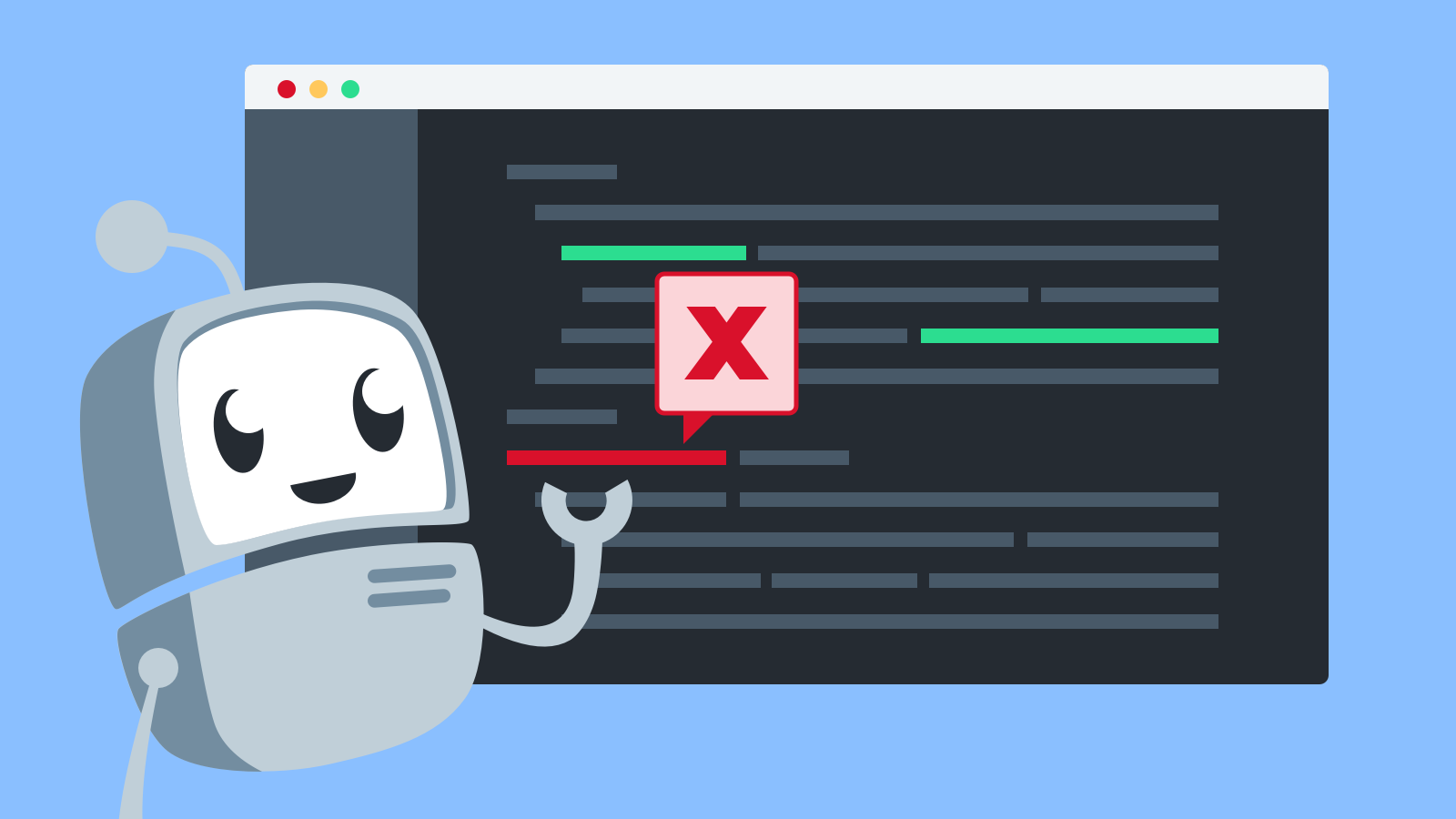Writing efficient and idiomatic Go code involves following certain best practices that promote readability, performance, and maintainability. Here are some guidelines to consider when writing Go code:
1. Use Proper Naming Conventions: Follow the Go naming conventions for packages, variables, functions, and types. Use meaningful names that are concise and descriptive. Avoid unnecessary abbreviations and acronyms.
2. Write Short and Concise Functions: Keep functions small and focused on a single task. Aim for functions that fit within a single screen or a few lines of code. This promotes code readability and makes it easier to understand and test.
3. Favor Composition over Inheritance: Go promotes composition over inheritance. Instead of relying heavily on inheritance hierarchies, prefer building types by composing smaller, reusable types using structs and interfaces.
4. Handle Errors Explicitly: Check and handle errors explicitly. Avoid ignoring errors or using generic error handling. Provide meaningful error messages and handle errors at an appropriate level of abstraction.
5. Use Goroutines and Channels for Concurrency: Leverage goroutines and channels for concurrent programming in Go. Design your code to be concurrent by using goroutines for parallel execution and channels for communication and synchronization.
6. Avoid Premature Optimization: Write clear and maintainable code first. Optimize only when necessary and based on profiling and performance analysis. Focus on readability and simplicity unless performance is a critical concern.
7. Take Advantage of the Standard Library: The Go standard library provides a rich set of packages. Familiarize yourself with the standard library and use it whenever possible to avoid reinventing the wheel. It is well-tested, efficient, and maintained.
8. Use Interfaces and Dependency Injection: Design your code using interfaces to promote loose coupling and easier testing. Practice dependency injection to inject dependencies into your code rather than relying on global state or direct instantiation.
9. Leverage Static Typing: Take advantage of Go’s strong and static typing system. It helps catch errors at compile-time and promotes better code maintainability. Avoid excessive use of reflection, which can impact performance and readability.
10. Write Tests: Embrace test-driven development and write comprehensive tests for your code. Use the `testing` package and other testing frameworks to ensure your code is correct and maintainable. Automate your tests and run them regularly.
11. Document Your Code: Write clear and concise comments to document your code. Document exported types, functions, and methods using appropriate comments. Good documentation helps other developers understand and use your code effectively.
12. Use gofmt and goimports: Use the `gofmt` tool to automatically format your code according to the Go style guidelines. Consider using `goimports`, which also adds or removes imports as necessary.
These are some general best practices for writing efficient and idiomatic Go code. Following these guidelines can help produce clean, maintainable, and performant code that is consistent with the Go community’s standards and principles.


















